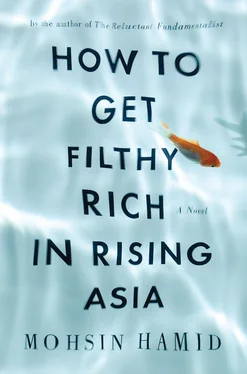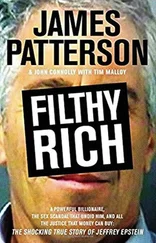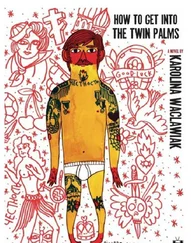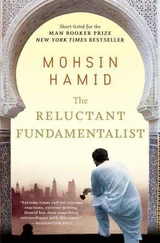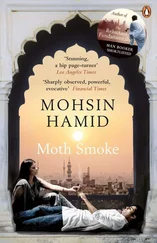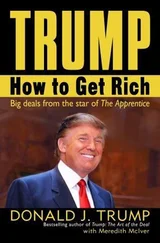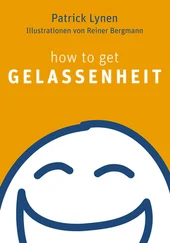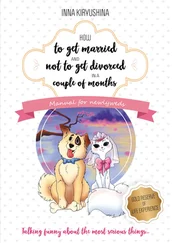
How to Get Filthy Rich in Rising Asia
by
Mohsin Hamid
Moth Smoke
The Reluctant Fundamentalist

LOOK, UNLESS YOU’RE WRITING ONE, A SELF-HELP book is an oxymoron. You read a self-help book so someone who isn’t yourself can help you, that someone being the author. This is true of the whole self-help genre. It’s true of how-to books, for example. And it’s true of personal improvement books too. Some might even say it’s true of religion books. But some others might say that those who say that should be pinned to the ground and bled dry with the slow slice of a blade across their throats. So it’s wisest simply to note a divergence of views on that subcategory and move swiftly on.
None of the foregoing means self-help books are useless. On the contrary, they can be useful indeed. But it does mean that the idea of self in the land of self-help is a slippery one. And slippery can be good. Slippery can be pleasurable. Slippery can provide access to what would chafe if entered dry.
This book is a self-help book. Its objective, as it says on the cover, is to show you how to get filthy rich in rising Asia. And to do that it has to find you, huddled, shivering, on the packed earth under your mother’s cot one cold, dewy morning. Your anguish is the anguish of a boy whose chocolate has been thrown away, whose remote controls are out of batteries, whose scooter is busted, whose new sneakers have been stolen. This is all the more remarkable since you’ve never in your life seen any of these things.
The whites of your eyes are yellow, a consequence of spiking bilirubin levels in your blood. The virus afflicting you is called hepatitis E. Its typical mode of transmission is fecal-oral. Yum. It kills only about one in fifty, so you’re likely to recover. But right now you feel like you’re going to die.
Your mother has encountered this condition many times, or conditions like it anyway. So maybe she doesn’t think you’re going to die. Then again, maybe she does. Maybe she fears it. Everyone is going to die, and when a mother like yours sees in a third-born child like you the pain that makes you whimper under her cot the way you do, maybe she feels your death push forward a few decades, take off its dark, dusty headscarf, and settle with open-haired familiarity and a lascivious smile into this, the single mud-walled room she shares with all of her surviving offspring.
What she says is, “Don’t leave us here.”
Your father has heard this request of hers before. This does not make him completely unsusceptible to it, however. He is a man of voracious sexual appetite, and he often thinks while he is away of your mother’s heavy breasts and solid, ample thighs, and he still longs to thrust himself inside her nightly rather than on just three or four visits per year. He also enjoys her unusually rude sense of humor, and sometimes her companionship as well. And although he is not given to displays of affection towards their young, he would like to watch you and your siblings grow. His own father derived considerable pleasure from the daily progress of crops in the fields, and in this, at least insofar as it is analogous to the development of children, the two men are similar.
He says, “I can’t afford to bring you to the city.”
“We could stay with you in the quarters.”
“I share my room with the driver. He’s a masturbating, chain-smoking, flatulent sisterfucker. There are no families in the quarters.”
“You earn ten thousand now. You’re not a poor man.”
“In the city ten thousand makes you a poor man.”
He gets up and walks outside. Your eyes follow him, his leather sandals unslung at the rear, their straps flapping free, his chapped heels callused, hard, crustacean-like. He steps through the doorway into the open-air courtyard located at the center of your extended family’s compound. He is unlikely to linger there in contemplation of the single, shade-giving tree, comforting in summer, but now, in spring, still tough and scraggly. Possibly he exits the compound and makes his way to the ridge behind which he prefers to defecate, squatting low and squeezing forcefully to expel the contents of his colon. Possibly he is alone, or possibly he is not.
Beside the ridge is a meaty gully as deep as a man is tall, and at the bottom of that gully is a slender trickle of water. In this season the two are incongruous, the skeletal inmate of a concentration camp dressed in the tunic of an obese pastry chef. Only briefly, during the monsoon, does the gully fill to anything near capacity, and that too is an occurrence less regular than in the past, dependent on increasingly fickle atmospheric currents.
The people of your village relieve themselves downstream of where they wash their clothes, a place in turn downstream of where they drink. Farther upstream, the village before yours does the same. Farther still, where the water emerges from the hills as a sometimes-gushing brook, it is partly employed in the industrial processes of an old, rusting, and subscale textile plant, and partly used as drainage for the fart-smelling gray effluent that results.
Your father is a cook, but despite being reasonably good at his job and originating in the countryside, he is not a man obsessed with the freshness or quality of his ingredients. Cooking for him is a craft of spice and oil. His food burns the tongue and clogs the arteries. When he looks around him here, he does not see prickly leaves and hairy little berries for an effervescent salad, tan stalks of wheat for a heavenly balloon of stone-ground, stove-top-baked flatbread. He sees instead units of backbreaking toil. He sees hours and days and weeks and years. He sees the labor by which a farmer exchanges his allocation of time in this world for an allocation of time in this world. Here, in the heady bouquet of nature’s pantry, your father sniffs mortality.
Most of the men of the village who now work in the city do return for the wheat harvest. But it is still too early in the year for that. Your father is here on leave. Nonetheless he likely accompanies his brothers to spend his morning cutting grass and clover for fodder. He will squat, again, but this time sickle in hand, and his movements of gather-cut-release-waddle will be repeated over and over and over as the sun too retraces its own incremental path in the sky.
Beside him, a single dirt road passes through the fields. Should the landlord or his sons drive by in their SUV, your father and his brothers will bring their hands to their foreheads, bend low, and avert their eyes. Meeting the gaze of a landlord has been a risky business in these parts for centuries, perhaps since the beginning of history. Recently some men have begun to do it. But they have beards and earn their keep in the seminaries. They walk tall, with chests out. Your father is not one of them. In fact he dislikes them almost as much as he does the landlords, and for the same reasons. They strike him as domineering and lazy.
Lying on your side with one ear on the packed earth, from your erect-worm’s-height perspective you watch your mother follow your father into the courtyard. She feeds the water buffalo tethered there, tossing fodder cut yesterday and mixed with straw into a wooden trough, and milks the animal as it eats, jets of liquid smacking hard into her tin pail. When she is done, the children of the compound, your siblings and cousins, lead the buffalo, its calf, and the goats out to forage. You hear the swishing of the peeled branches they hold and then they are gone.
Читать дальше
